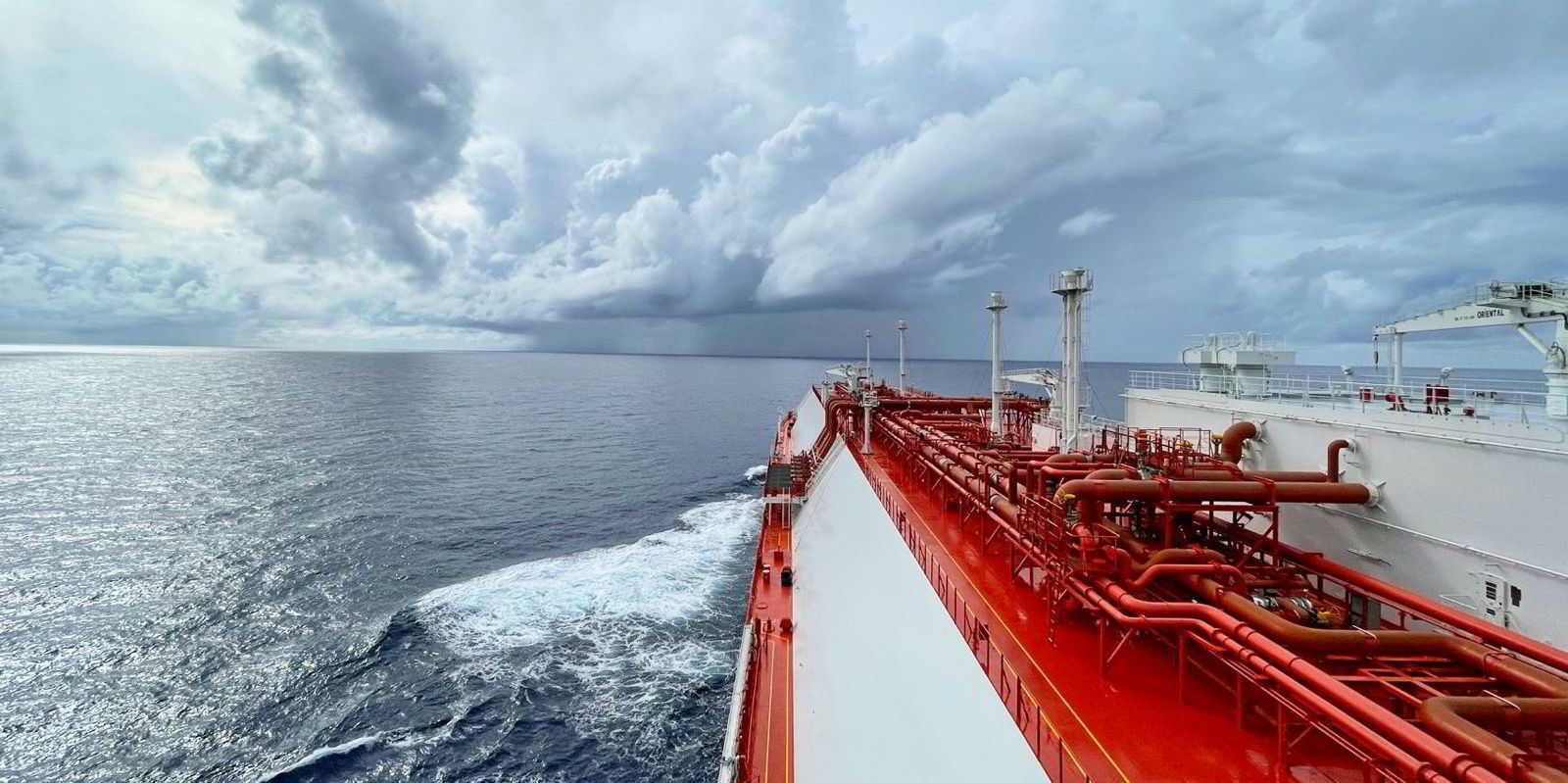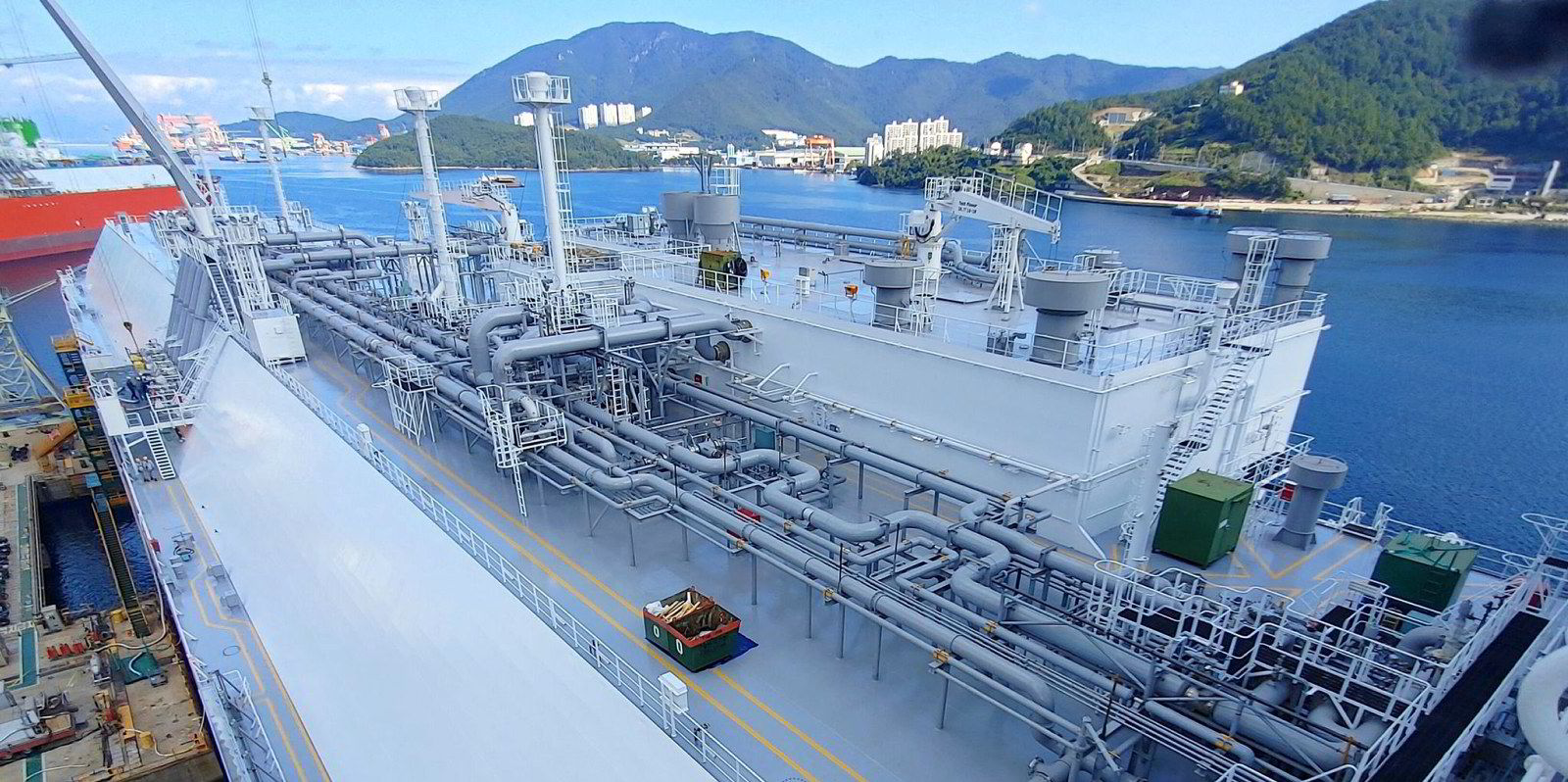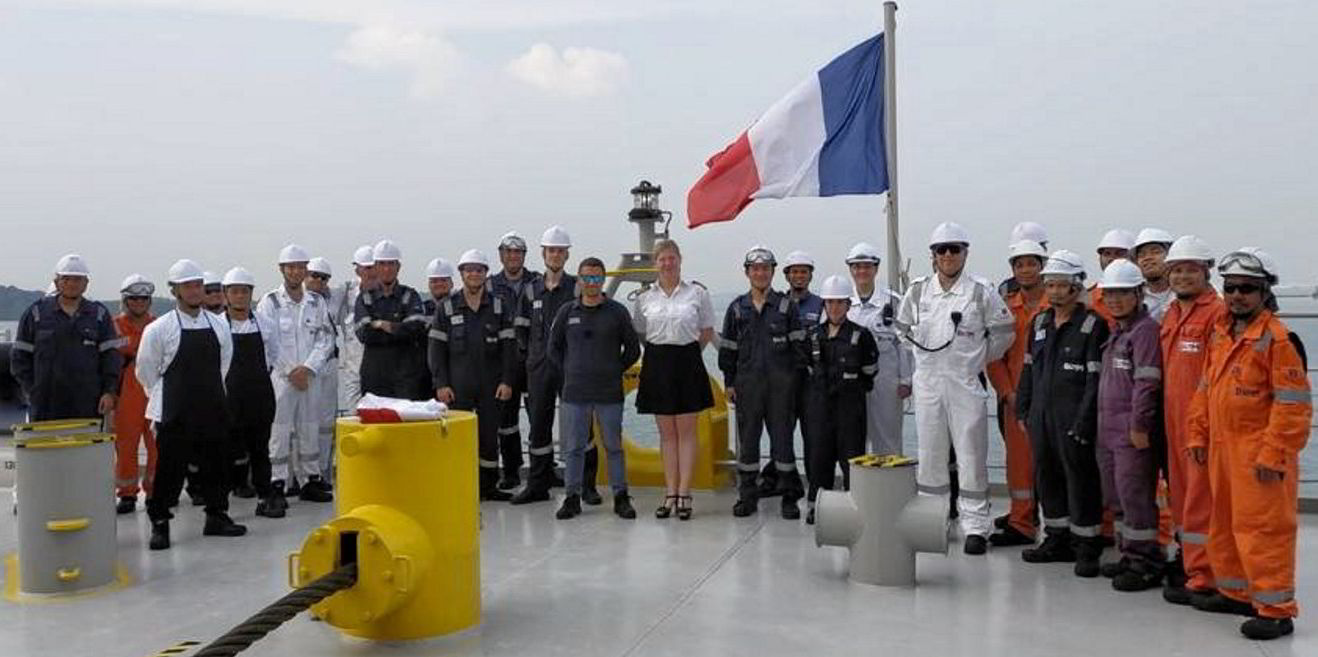What a difference a year makes.
At the start of the fourth quarter of 2022, spot LNG carrier rates were rapidly closing in on eye-popping levels of about $500,000 per day in a market squeezed for tonnage, reeling from the loss of Russian pipeline gas and wracked with fears about meeting energy demand in the event of a winter cold snap.
Europe was scrambling to fast-track floating storage and regasification units and secure LNG, with Germany installing three and the Netherlands two co-joined units over the winter period.
Fast forward 12 months, and as the industry rolled into the first full week of October, European gas storage has already filled to its required levels ahead of the November deadline, and new land and FSRU-based regasification capacity has been, or is being, put in place in Italy, France, Spain, Germany, Greece and Poland to boost Europe’s ability to import LNG this winter.
But LNG carrier rates are trending downwards, in the Atlantic basin at least.
Brokers pegged rates for two-stroke LNG carriers at sub-$200,000 per day in the region, with levels in the Pacific at just above this at $215,000 per day, but down on last done.
Several brokers described the current LNG carrier rate environment as “volatile” as it responds to different market concerns — such as the on-off strike threats at Australian liquefaction projects, the weekend’s leak on the Baltic interconnector pipeline and issues linked to other production.
“It’s all over the place,” one said, characterising the mood in the charter market as “very uncertain”.
'Sublet fest'
There is also an indication that those holding LNG tonnage — which today is largely the portfolio players rather than the independent owners — are more open to relets.
A requirement from South Korean LNG importing giant Kogas to take a vessel on charter for one year notched up eight to 10 offers from those sitting on relet tonnage, leading one owner to dub it a “sublet fest”.
On paper, the outlook does not seem as rosy for LNG carriers this winter.
Speaking on a Kpler webinar last week, Spark Commodities head of pricing Henry Bennett said the current forward price curve suggests the market may not see a new record spike in freight rates this winter, as it has done in the previous three years.
Bennett said that in August and September of 2023, freight rates averaged at a higher rate than in the previous four years.
He said this was partly driven by a floating storage opportunity, but he said rates have since started to fall quickly and, in the past few days, the forward curve has been pricing in levels for the fourth quarter that are below its average and much lower than last year.
Exceptional
Bennett admitted that 2022 was exceptional in that Europe was in the middle of an energy crisis.
But he listed other factors, including the earlier economic opportunities for floating cargoes in storage. He gave a snapshot of this which on 14 September showed cargo owners would be $41,000 per day better off floating a shipment from mid-October through to mid-November and then discharging in Europe.
While these were positive for a period of time, they closed at the end of September encouraging vessels to be discharged earlier.
“Current pricing puts this opportunity out of the money now,” he said.
Bennett said fourth quarter freight is also high — up to almost 20% of the cargo value in recent weeks compared with winter 2021 levels, which reached about 11% but below the 28% seen last winter.
He also looked at the profitability of sending US cargoes east to Asia — which would technically absorb more shipping capacity — but he said that, while this moves around, the arbitrage is marginal throughout the winter period.
Back in the day to day, brokers and owners comment that while those charterers who took long shipping positions to ensure coverage this winter have got burned, the difference this year is that they do not want to be short on tonnage either.
They caution that while some are succumbing to the lure of business and chartering out at lower rates than last done, the market could yet turn very quickly.






